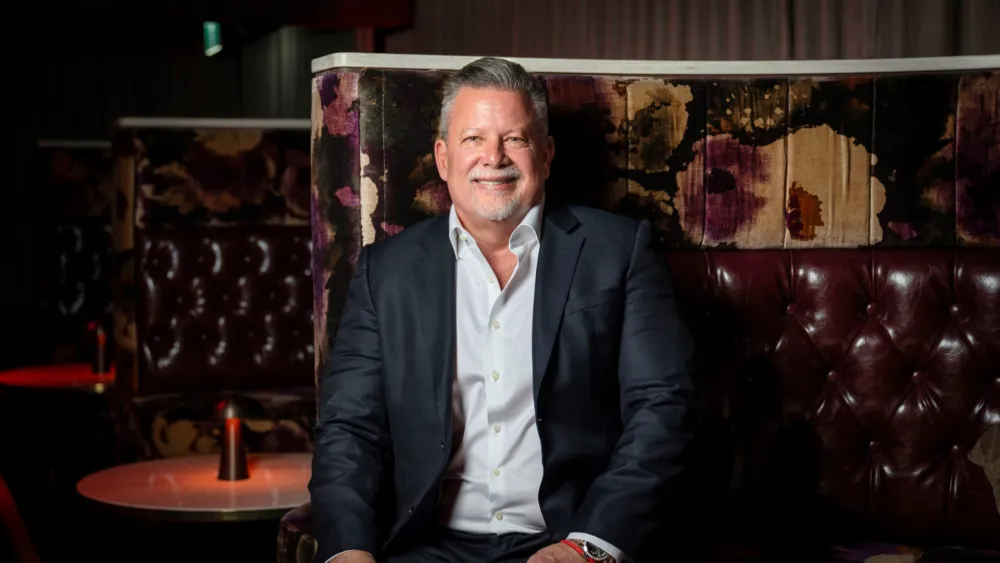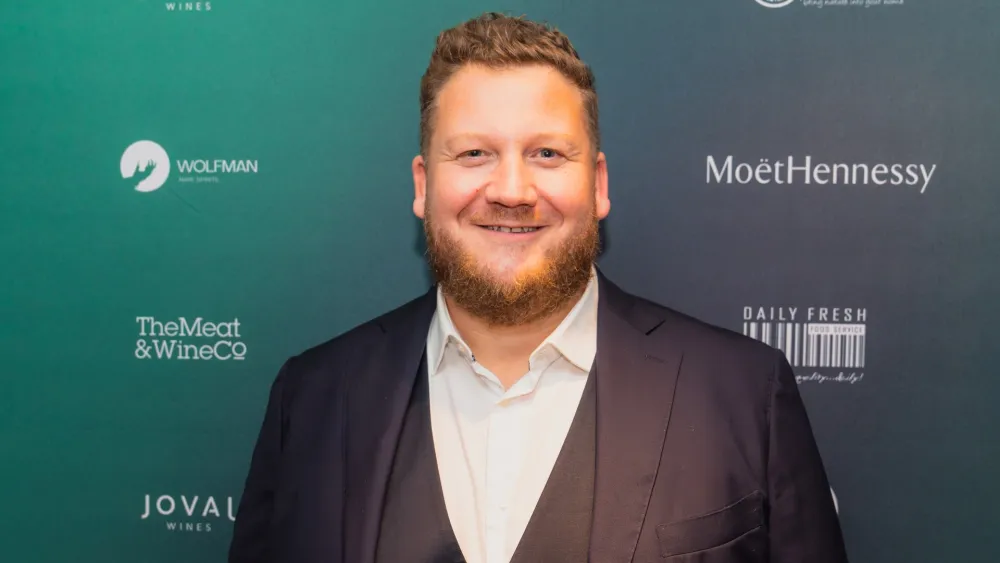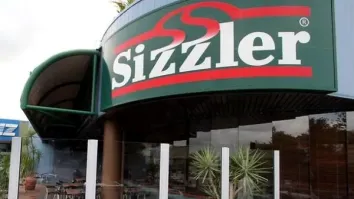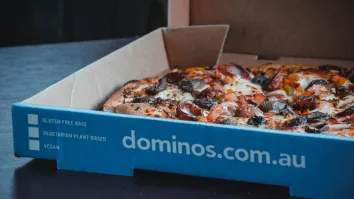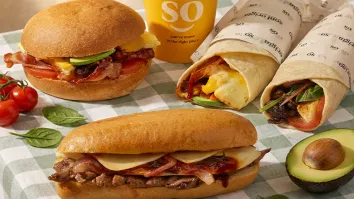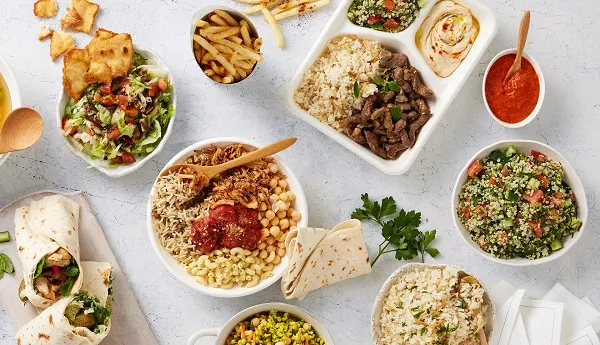
Three years in, BEKYA is now ready to fully embrace its Egyptian heritage
CEO Wally Mostafa sits down with QSR Media to talk about the brand’s journey so far, and why he says he will “never franchise”.
It was seven in the morning in the north of Cairo. The year was 2015. Wally Mostafa, having visited his extended family to seek insight and inspiration for his new restaurant concept, heard a man yelling an unfamiliar word from downstairs.
The man in question was a roba bekya, a junk trader pushing a cart in the street selling various items - a typical scene in informal Egyptian trade to this day. The concept had suddenly found its name.
Wally’s own spice trail to create BEKYA started in the ‘90s, a journey ignited when he was making and delivering pizzas during his time in university. Wanting to keep his family happy, he worked up the corporate ladder in banking and finance. But his heart, he says, was always in food.
In 2003, he got the opportunity to become a franchisee for Subway, which he cites as a huge influence on how he currently manages his diverse staff.
“I was lucky enough to be in the right time to buy my first store; it was right opposite where I used to work,” he explained in an exclusive interview to QSR Media.
His experience as a franchisee eventually led him to be part of traditional Lebanese restaurant chain Al-Aseel in 2011, contributing his best practices to the chain for five years - a period marked with various accolades.
“[I was] reconciling weekly sales, food costs, labor costs - just making sure that we were in the right parameters,” he said. “When I joined the group, there was no training, no food safety (procedures), no protocols, no uniforms. That evolved over time.”
Wally left the group to start BEKYA in 2016, wanting to pursue a quick-service format.
“I knew there was a market for what I was doing because no one has done it,” he said. “I don’t follow, I don’t like following, I like to lead and always reinvent. I knew that this food will be well-taken by people.”
BEKYA touts itself as “naturally” vegetarian, with a focus on dietary and allergen needs. Wanting to stay true to Egyptian cuisine, its menu features dishes containing legumes, rice, salads, vegetable dishes and a myriad of spices.
Their signature item? The koshari, a traditional item that has evolved since the 19th century.
He admits, however, that he had reservations for quickly branding BEKYA as Egyptian, citing Aussies’ lack of familiarity with the cuisine. Wanting to connect easier, he branded the chain with a ‘Middle Eastern Kitchen’ tagline.

BEKYA's signature koshari, a traditional dish in which evolved during World War 1 when the English arrived in Cairo. The chain touts itself as "naturally" vegetarian with a focus on dietary and allergen needs. Photo: Supplied
Confident in his efforts of mainstreaming Egyptian cuisine, Wally is ready to fully embrace his concept’s origins - with BEKYA set to don the new tag: Egyptian Spice.
“We have very unique flavours...you won’t find it in any other Middle Eastern place. Our marinades are recipes that are brought down from my mom and her mom. We marinade our meats and poultry for at least six hours,” he described.
Fast forward to present day, BEKYA continues to primarily operate within Sydney, one within the bustling Gateway Building in Circular Quay and another at Harold’s Park in Tramsheds. His third location at World Square has closed, explaining that the location was a “bad choice”.
“I got overconfident. When you have a good couple of venues, you tend to get this false confidence that no matter what you do or where you go or where you open, it’s going to be successful,” Wally explained.
By next year, Wally confirmed that a new BEKYA site is expected to rise at the Australia Technology Park, with plans to reach out to the 25,000-strong employees occupying the space.
His growth strategy? A fund where his stores will pay a percentage of their earnings back to the company, eliminating the “need to go out and look for funding.”
“By having the growth fund, It will allow me to do a store a year without having to borrow any money and use those funds to improve the look and feel of the restaurant...It’s a fund that’s going to be used where it’s needed. But in the short term, it will be used to open new stores,” he explained.
“I will never franchise”
In terms of store numbers, Wally says he has “no number” in mind. But he is sure about two things: first, all stores will be company-owned. And second, he says he will “never franchise” the concept. He recognises the irony, being a franchisee to this day.
“I don’t want to have a 100 stores. I’d rather have 10 stores that are very profitable...that’s my philosophy. As you grow, things change. But I will never franchise,” he says, adding that he’s open to license the brand to a “per-territory” company operator who won’t franchise the brand.
On private equity, Wally says he is not keen, wanting to do things “organically.”
“I don’t want to lose control, I don’t want to be accountable to someone I don’t know.”
Now, Wally is determined to continue his trail of furthering showcase what BEKYA has to offer, claiming that its in a “unique position” to capture a share in the growing demand for vegan items whilst not forgetting to invest in social media and improving the customer experience in-store.
“I’m not reinventing the wheel here...We’re in a good position to push forward with our food…[our cuisine] is healthy,” he said. “You can dish out the best food in the world, but if you can’t give a [good] customer experience, the customer won’t come back.”
